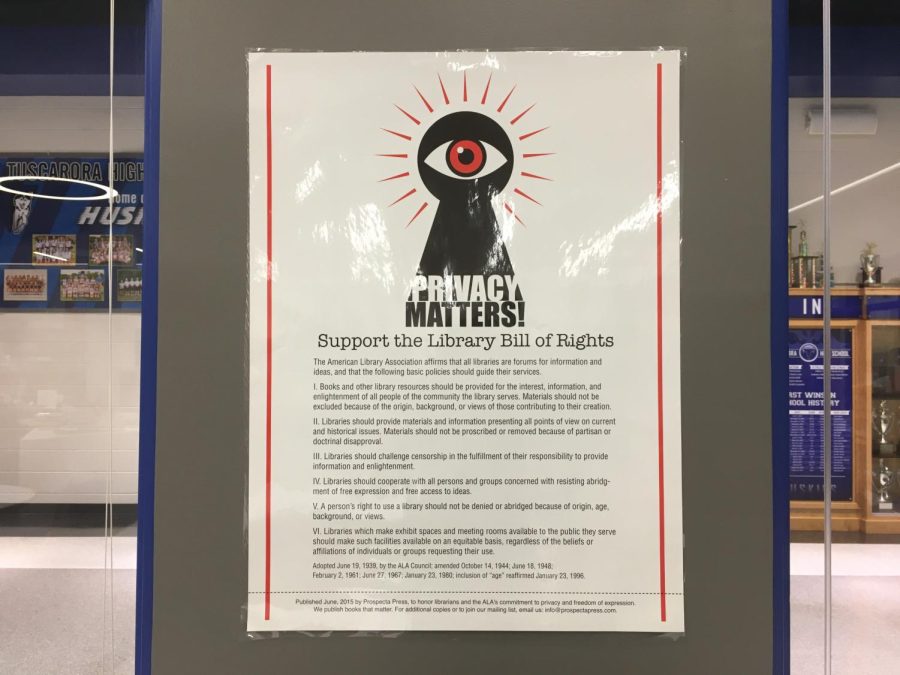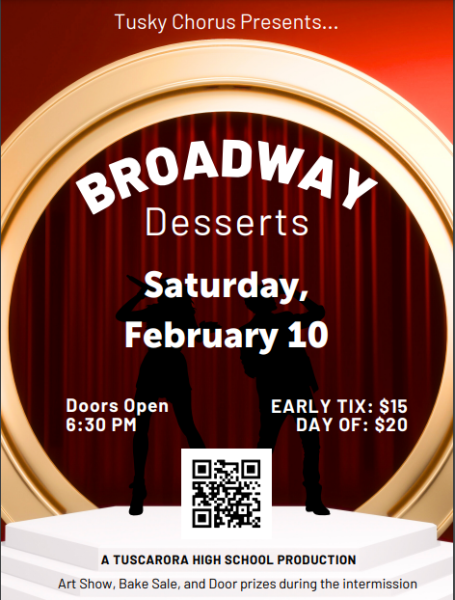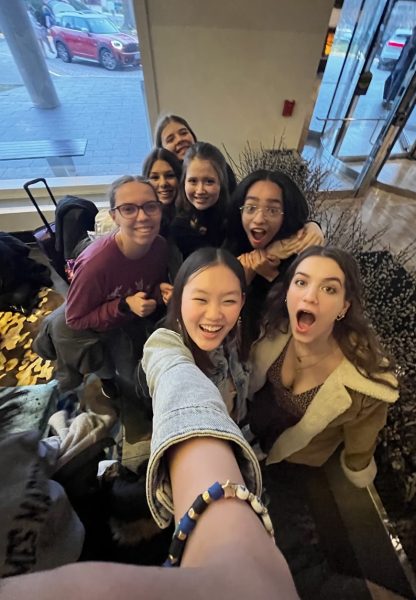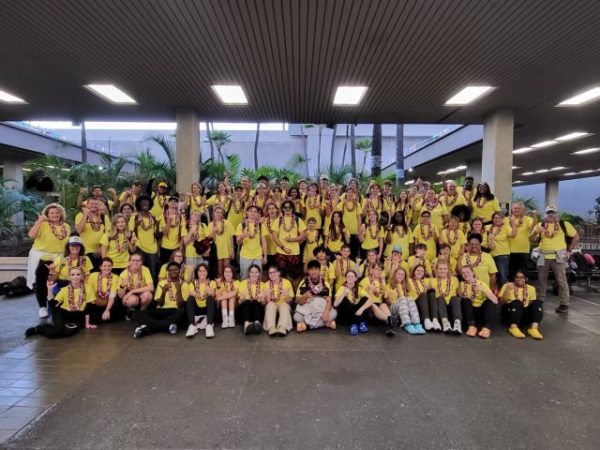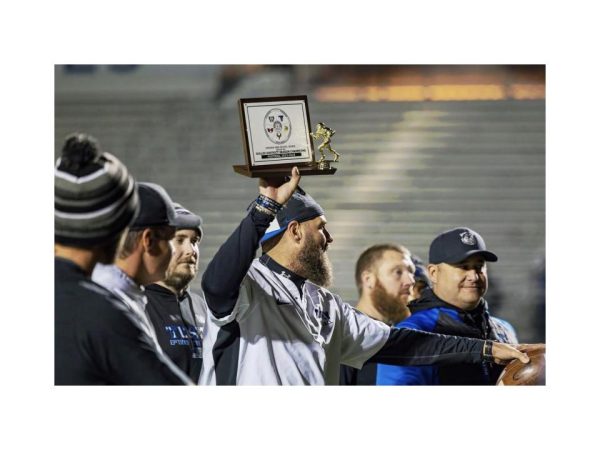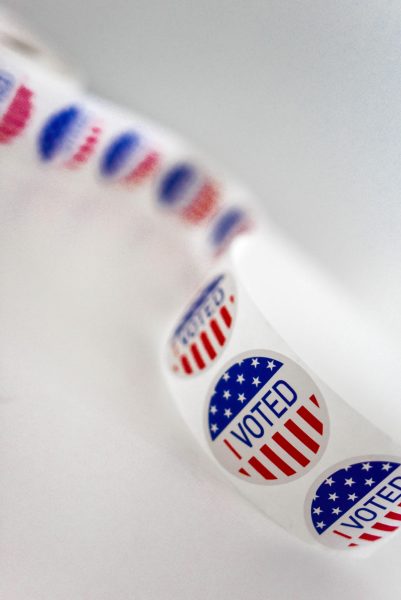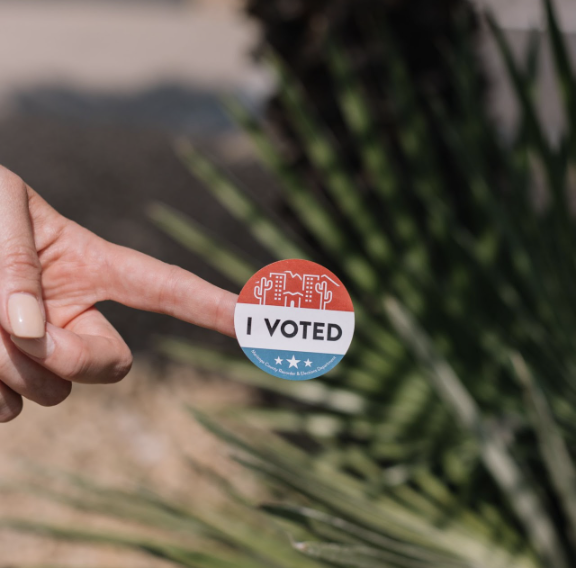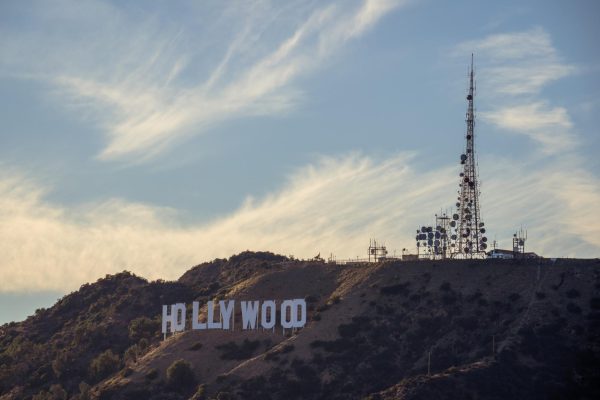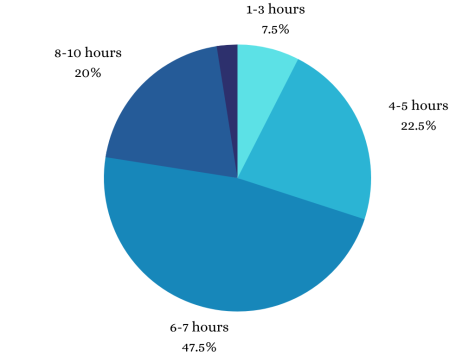How Book Bans are Impacting Loudoun County
Tuscarora Librarian Elizabeth Scheib speaks about book bans in Loudoun County and across the country
Across the United States, book banning in school libraries and classrooms has been on the rise. Loudoun County made national news in early 2022 for removing the book Gender Queer: A Memoir, by Maia Kobabe, from library shelves.
Gender Queer: A Memoir is a graphic novel about Kobabe’s experience growing up. It discusses their exploration of their gender and sexuality, ending with Kobabe coming out as non-binary and asexual.
In Loudoun County, the book was put up for review by LCPS Superintendent Scott A. Ziegler and the ban was upheld by the School Board appeal committee.
When asked about Loudoun County’s decision to ban Gender Queer: A Memoir, Tuscarora librarian Elizabeth Scheib said “I definitely was in support of the process the District used… I like that it involved librarians, teachers, and parents of the community who have high school students.”
Vice Chair of the Loudoun County School Board, Ian Seroktin, who voted to uphold the ban, said that “the sexually explicit illustrations… cannot be ignored.”
The removal of this book was controversial as it happened along with a wave of other similar book bans across Virginia and the country.
As of September 20th, 14 separate books have been banned across Virginia schools. A majority of these books discuss sexuality, gender, and race or racism.
Other books banned in counties across Virginia are The Poet X and Good Trouble: Lessons from the Civil Rights Playbook, which both discuss racism, activism, and religion, Beyond Magenta: Transgender Teens Speak Out, and When Aidan Became a Brother, a children’s book about a young transgender boy’s life.
When asked about this discrepancy, Scheib said “I think the numbers speak for themselves… It concerns me when books are banned simply to satisfy a few voices.”
Book banning has a dark history. Government bans on books are associated with authoritarian and fascist regimes trying to suppress knowledge. But not all book bans are equal.
When asked if there was a difference between banning books in school versus public libraries, Scheib responded “Yes. School libraries are curated collections, tailored for the people who go there [while] public libraries [have a much more broad audience],”
In closing, Scheib asserted that libraries should be a “mirror” and a “window”. “Students [have] a mirror that they get to see themselves in books… but we also want to provide windows that give people a vision of another type of person.”
Roslyn is a first year staff writer for The Pack and in grade 12. She runs cross country during the fall and enjoys rock climbing, reading, and discussing...
